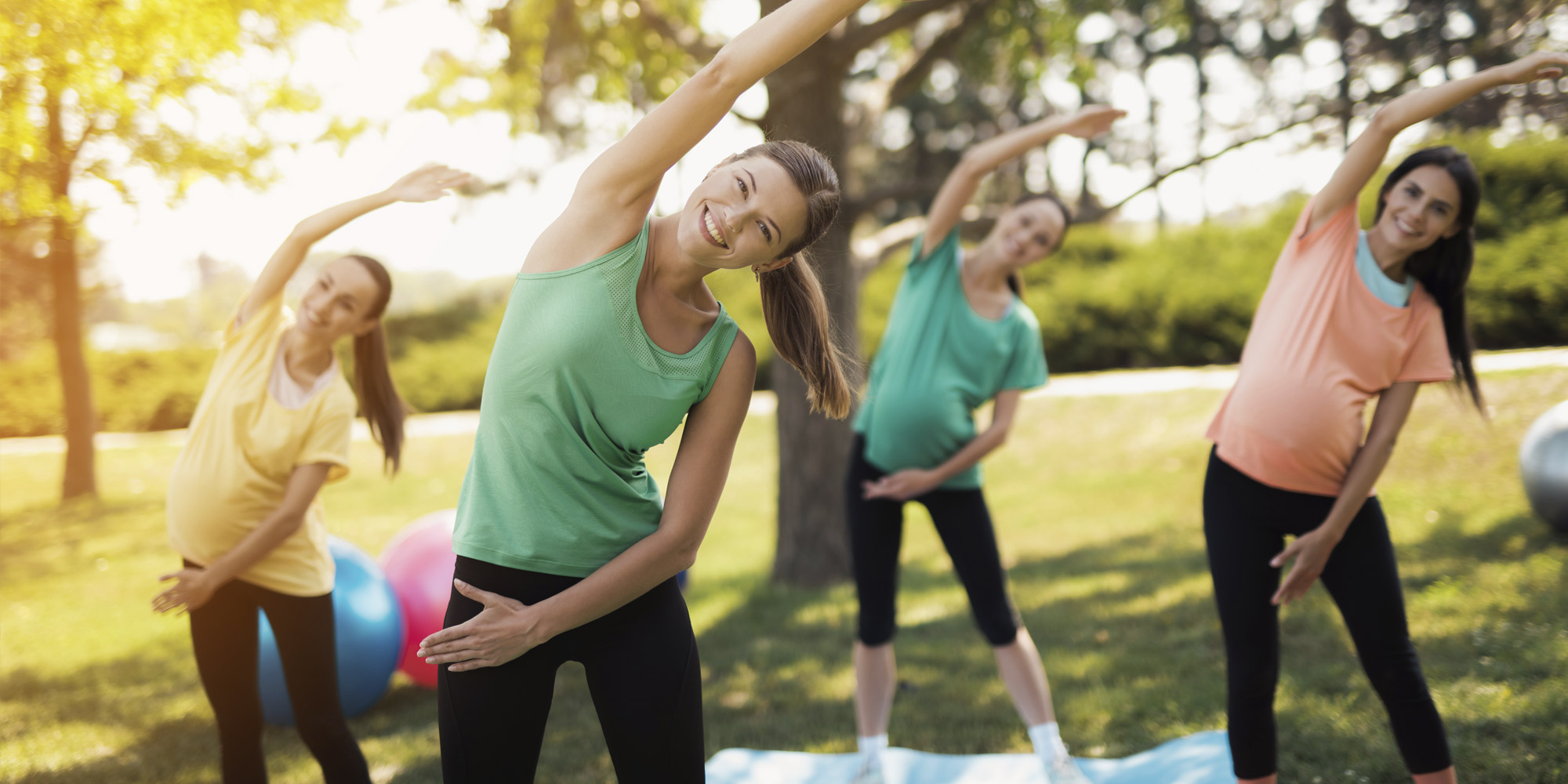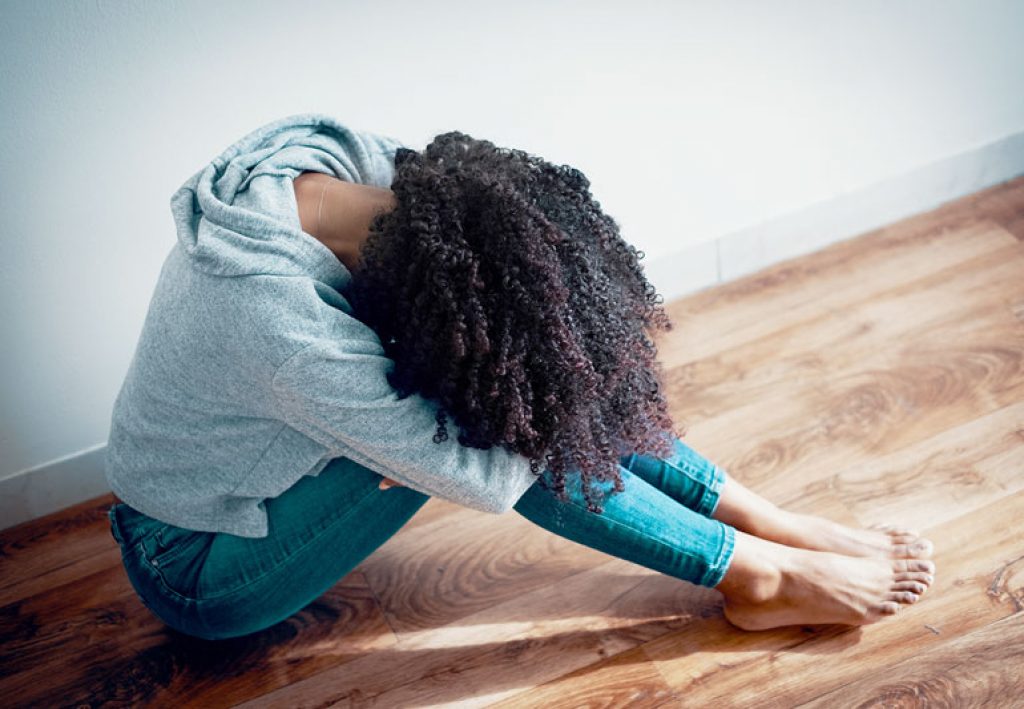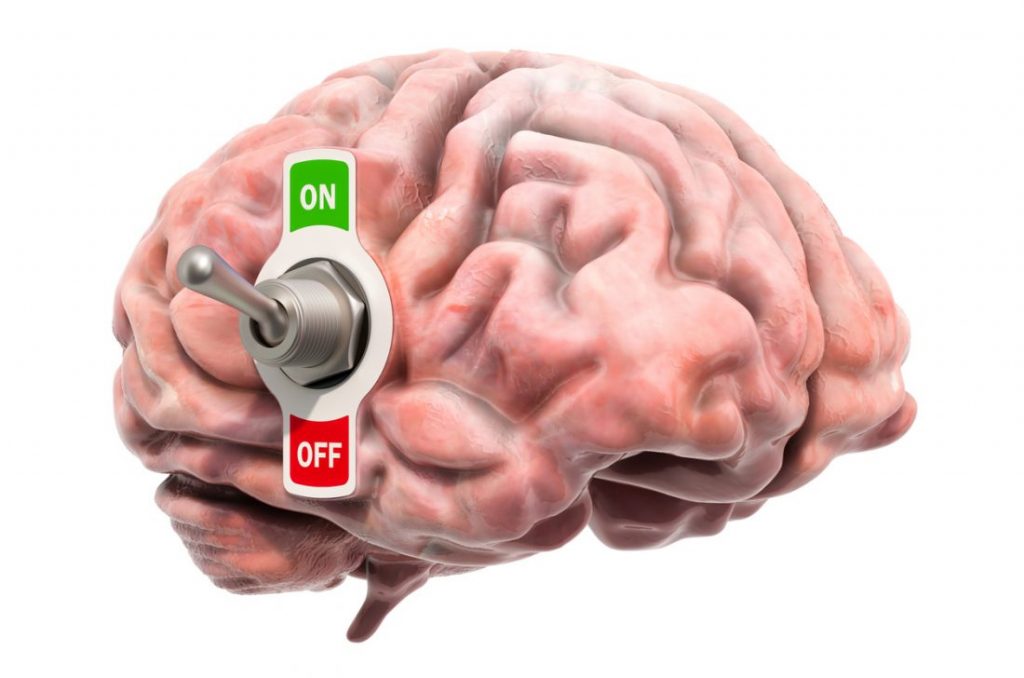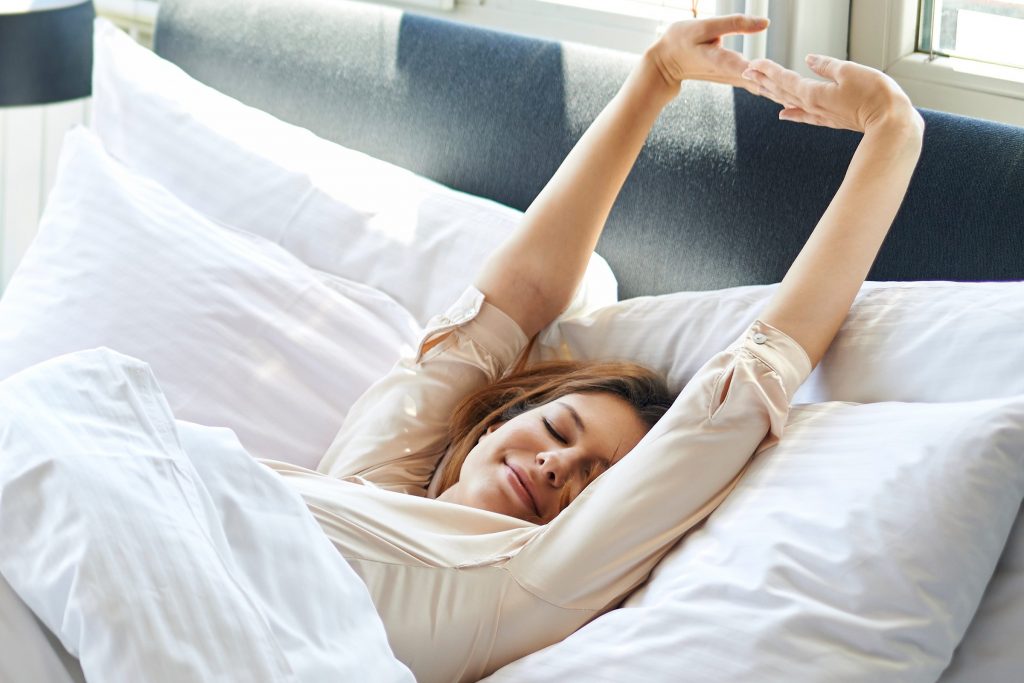
Everyone could benefit from working out more in their daily life. Regardless of age, ethnicity, shape, size, physical capabilities or disabilities, we can all benefit from a little more physical activity.
Even just a small boost to your weekly workout regime can make a significant difference to your physical and mental health… And no, this doesn’t have to mean sweating it out for hours in the gym. Even just choosing to walk to work or the grocery store instead of driving or spending just 10 minutes doing a little cardio in the morning can have a significant impact on your health and wellbeing.
Table of Contents
How often should I workout?
The CDC recommends every adult completes at least 150 minutes of moderate-intensity exercise a week. Although this sounds like a lot, this can be broken down into more manageable 30-minute workouts, 5 days a week.
You should aim for a combination of strength building, flexibility, balance, and cardiovascular (increased heart rate) exercises throughout the week for the best results and a happier, healthier lifestyle. Plus, a more well-toned and attractive physique.
Benefits of physical activity
While we’re all well aware that physical activity is good for us, do you actually know why? Exercise has a whole host of benefits, many of which come into play immediately after working out (and some that you might have to wait a little longer for – like weight loss or visible muscle growth).
From reducing the risk of serious medical conditions to actively extending your lifespan, the benefits of physical activity are virtually endless.
1. Exercise reduces depression and anxiety

img source: clevelandclinic.org
There have been multiple studies examining the link between physical activity and mental health. These studies overwhelmingly demonstrate that exercise is an effective treatment for mental health diseases and issues, including depression, anxiety, ADHD, and many more.
There are several reasons as to why exercise is so effective at reducing depression and anxiety, but some key benefits include:
- The release of endorphins (happy hormones).
- Distraction from whatever is bothering you.
- Increased self-esteem and confidence.
- Improved sleep.
- Better appetite.
- Weight management.
- Stress relief (think kickboxing or more meditative practices such as yoga).
- Opportunities for social contact.
- And much more.
2. Exercise reduces the risk of serious medical problems and disease

img source: groupsinsurance.us
Physical activity is also vital for keeping your body fit and healthy for longer. Yes, improving your muscle, bone, and body strength is essential, but regular exercise has actually been proven to reduce the risk of numerous serious medical conditions, including:
- Cardiovascular disease
- Type 2 diabetes
- Metabolic syndromes
- Some cancers (including cancers of the breast, bladder, colon, endometrium, esophagus, kidney, lung, and stomach)
- Heart attack
- Stroke
- High blood pressure
Exercise also reduces the risk of serious injury from falls or other accidents and is instrumental in a swift and effective recovery.
Not only is exercise vital in rehabilitation following injuries, but if you’ve been diagnosed with a serious medical condition or are a cancer survivor, regular physical activity can also help you regain your independence and quality of life.
3. Exercise improves memory and brain function

img source: xconomy.com
Just like your muscles, the brain requires regular exercise to keep it functioning at peak capacity. However, these exercises shouldn’t just be sudoku and crossword puzzles… Exercising your other muscles can also have a considerable impact on brain functionality.
Physical activity benefits the brain in many ways:
- Increasing the heart rate pumps more oxygen to the brain.
- The release of exercise hormones provides an excellent environment for brain cell growth.
- Exercise stimulates new neuronal connections between brain cells.
This boost to brain functions is also instrumental in reducing memory loss both in younger adults and as we reach older age. By ensuring our brains are functioning at peak capacity, we can reduce the memory loss that’s commonly associated with old age and keep performing well into our golden years.
4. Exercise helps you sleep better

img source: thehearup.com
Sure, we all know the feeling of being tired after a rigorous workout. Still, physical activity actually goes beyond making you feel sleepy. It can also enhance the overall quality of your sleep: Keeping you healthier and happier and allowing your brain and body to recuperate.
This includes exercise being an effective treatment for many people with insomnia. Working out can also aid with other sleep disorders such as sleep apnoea and restless leg syndrome and encourage a night of more restorative, restful, beneficial sleep.
5. Exercise makes you stronger

img source: medicalnewstoday.com
Having stronger bones, joints, and muscles is more than just a vanity project; it can also make everyday tasks much more manageable. The benefits of a stronger, healthier, and more flexible body are particularly evident in older age – when everyday tasks might start feeling a bit tougher – but it’s also great for younger people, keeping their bodies strong enough to tackle any task.
If you’re exercising 5 days a week, it’s a good idea to ensure at least 2 of these days involve strength training in some form. This could be lifting weights or working with resistance bands (click here for some of our favorite resistance band workouts to try at home).
Other types of exercise can also aid in strength building. Weight-bearing activities – such as running, jumping jacks, or jogging – can also promote bone strength and help reduce the risk of injuries or falls. For more information, you can visit trainfora5k.com.
How to get started
Even if you live the most sedentary lifestyle, it’s not difficult to get yourself on a healthier path. Just a few minutes of exercise every day can make a massive difference to your physical and mental health… Not to mention the added perks of feeling more attractive as you lose weight and gain muscle!
With so many physical and mental diseases being linked to obesity, getting sufficient physical exercise is essential for maintaining a healthy lifestyle. Scientists have even noticed that people who exercise regularly can live up to 33% longer than those who don’t.
A happier, healthier, and longer life for just 30 minutes of physical activity? You can’t lose!







